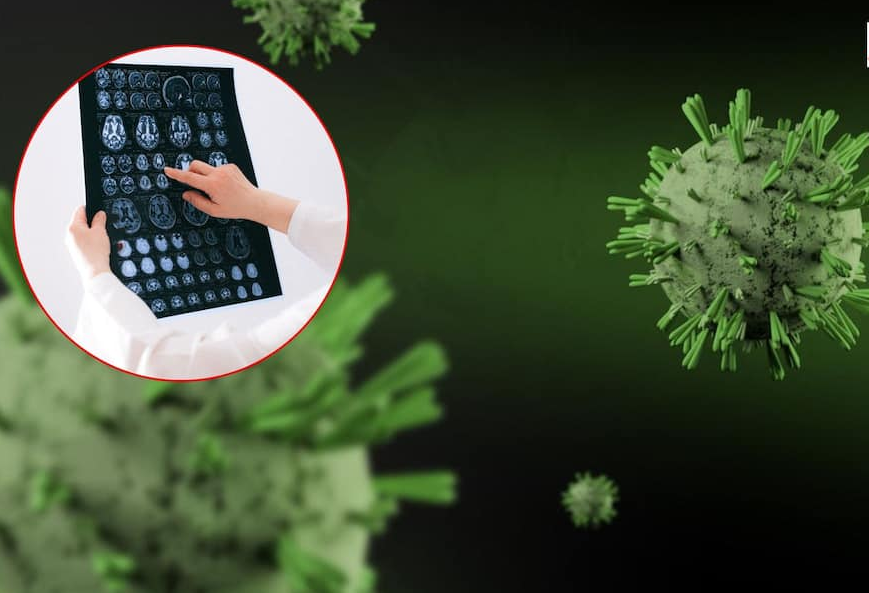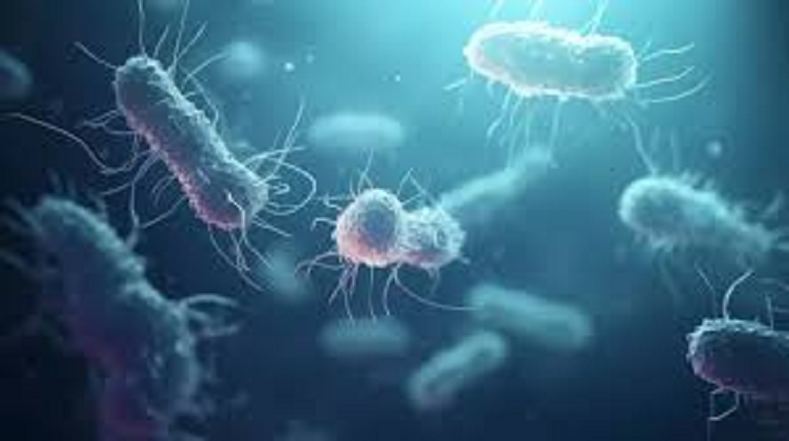Now, bacteria will find and treat cancerous tumors themselves, but will not harm humans.
- bySherya
- 13 Nov, 2025

According to scientists, if bacteria are injected with a drug, they can penetrate tumors and destroy them. To do this, their behavior is genetically controlled.

Bacteriological therapy
Cancer treatment will no longer be limited to chemotherapy or radiation. Scientists have now created bacteria that can self-locate tumors in the body. These bacteria reach the tumor, release the drug, and after completing their work, they self-destruct without leaving any scars or marks. This technique is considered particularly effective for tumors that are resistant to current treatments. So, let us explain how bacteria can self-locate and treat cancer tumors, and how this will not cause any harm to humans.
How will bacteria identify and treat tumors?
Scientists at Australia's South Australian Health and Medical Research Institute have conducted more than 70 clinical trials in this area of cancer treatment. More than 500 research papers have been published on this research. Scientists conducting trials on cancer treatment say that if bacteria are laced with the drug, they can penetrate the tumor and destroy it. To achieve this, the bacteria's behavior is genetically controlled. Scientists are developing bacteria that recognize signals around tumors and activate them, strengthening the immune system against cancer.
Treatments are also being developed using bacteria that thrive in yogurt and vinegar.
According to scientists, probiotic bacteria, such as E. coli Niesle, Lactobacillus, and Bifidobacterium, which aid digestion and boost immunity, are also being developed for cancer treatment. These bacteria can alter the environment around tumors or produce molecules that kill cancer cells. Scientists believe that bacteria-based cancer treatments could become a common method of cancer treatment in the coming years. According to researchers involved in this research, bacteria have the unique ability to reach solid tumors directly without harming healthy tissue. They can be used as couriers in targeted therapy.
How will bacteria not harm humans?
According to scientists, some bacteria thrive only in tumors and do not harm healthy cells. They derive nutrition from dead cells and can survive even in low-oxygen environments. Because of this, it is considered safe for the body. However, some patients may experience mild reactions, such as infection or swelling, which scientists are continuously researching.






